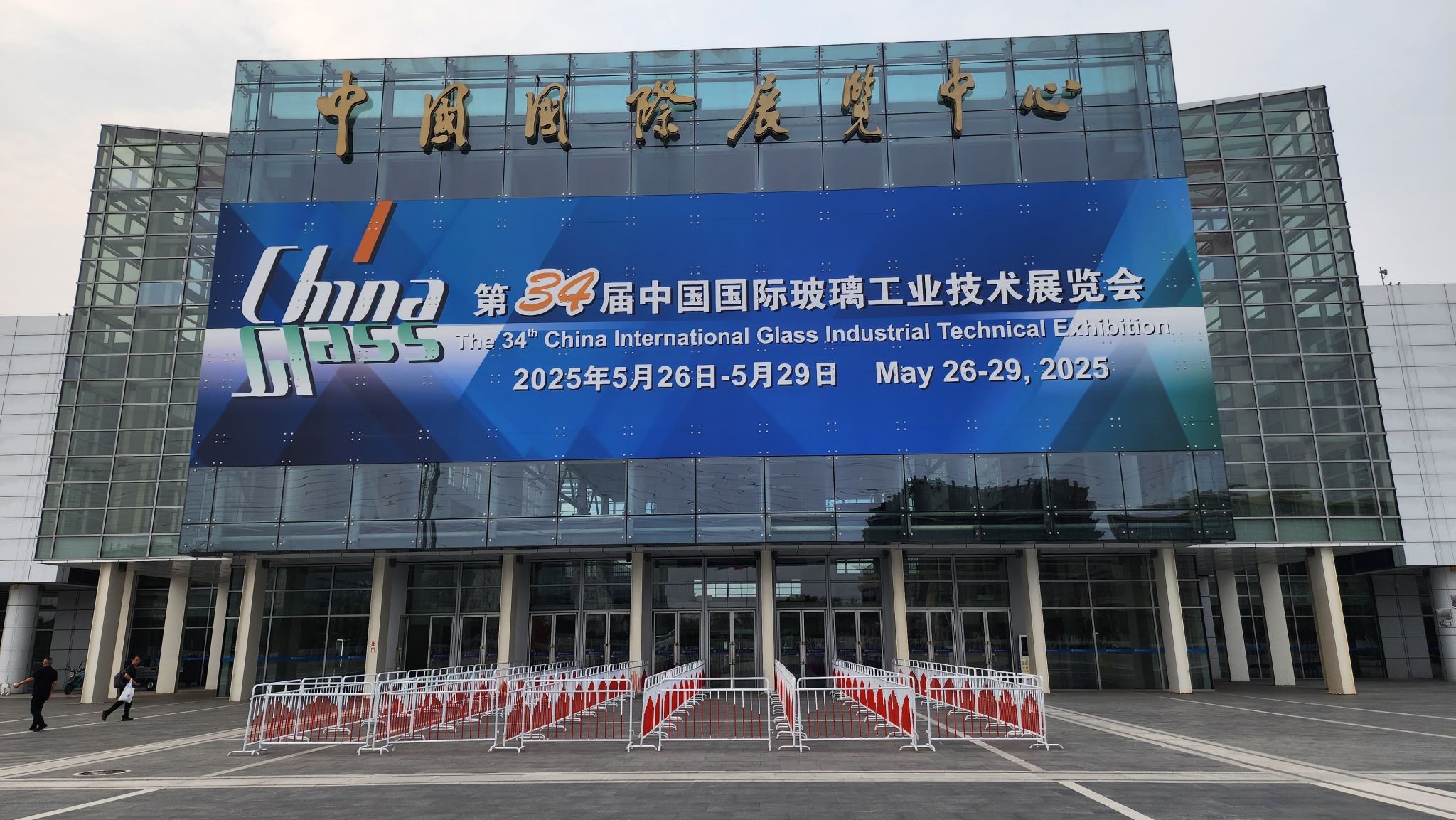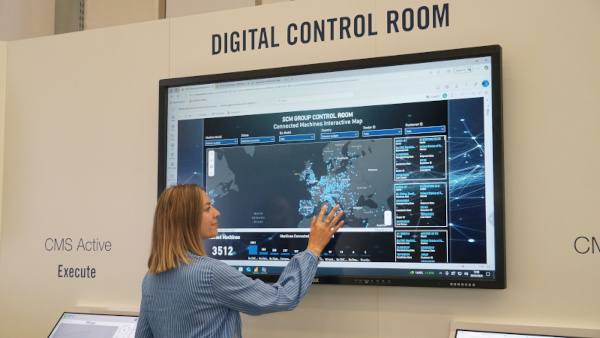The landscape of glass manufacturing is on the cusp of a significant transformation, thanks to the successful completion of a research project by i3D Robotics. This initiative, titled “Intelligent Robotic Inspection for Foundation Industry Optimisation” (IRIFIO), marks a pivotal moment in the industry’s journey towards enhanced productivity, reduced waste, and critical progress toward net-zero targets. The project’s success was notably highlighted by a triumphant cold trial at Glass Futures‘ state-of-the-art UK pilot facility.
At the core of the IRIFIO project lies an innovative application of smart vision and sensory technology. This cutting-edge system is designed to meticulously detect even the most minute defects during the flat glass production process. The trial at Glass Futures’ facility in St Helens, UK, served as the very first cold trial on their pilot line, simulating a real-world flat glass production environment. The results were remarkable: the vision sensors successfully identified microscopic defects, some smaller than the 150 microns that existing scanners can detect, and far beyond the capabilities of manual inspection.
This breakthrough addresses a critical challenge within the glass industry. Current defect detection methods, such as heat soaking, are not only energy-intensive but also time-consuming. The implementation of the IRIFIO solution promises substantial economic and environmental benefits. Toughened glass suppliers stand to save approximately £1.8 million by eliminating the need for the heat soaking process. Furthermore, this technology could preserve an astounding 11,000m³ of glass that would otherwise be discarded due to false positives. Beyond the immediate cost savings, the potential for environmental impact is profound, with the technology projected to reduce the flat glass industry’s CO₂ emissions by 20,000 tonnes annually.
Dr. Daniel Backhouse, Senior Glass Technologist at Glass Futures, expressed his pride in the project’s achievements, stating, “I’m proud to share that we successfully completed the first cold trial on Glass Futures’ pilot line for the IRIFIO project. It was an exciting process, moving samples under the IRIFIO camera system to see how it performs in industrial conditions, and we gathered valuable data that our project partners will now analyse. We look forward to continuing to collaborate with our partners to further develop and scale this technology for the glass industry.”
In the intricate world of glass manufacturing, even the slightest imperfection can lead to significant costs, with a tiny inclusion having the potential to cause an entire glass panel to shatter. The IRIFIO project offers a robust solution, introducing faster, more consistent, and exceptionally accurate inspections through the strategic integration of machine learning and robotics.
This ambitious project received substantial backing, with a collective £4 million in funding from UK Research and Innovation’s (UKRI) Transforming Foundation Industries (TFI) challenge and the TFI Fast Start competition. The project’s management and data analysis were expertly handled by the Science and Technology Facilities Council Hartree Centre. Collaborative efforts were further strengthened by the involvement of esteemed partners such as glass manufacturing supply chain consultants Glass Technology Services, and international materials consultancy Lucideon, who are exploring the potential for similar advancements not only in glass but also in ceramic production processes.
The IRIFIO project stands as a testament to the power of collaborative innovation, promising a future where glass manufacturing is more efficient, sustainable, and resilient than ever before.
Source: Glass Futures with additional information added by GlassBalkan





![[Photo: Schott Pharma]](https://glassbalkan.com/wp-content/uploads/2025/06/download.png)

